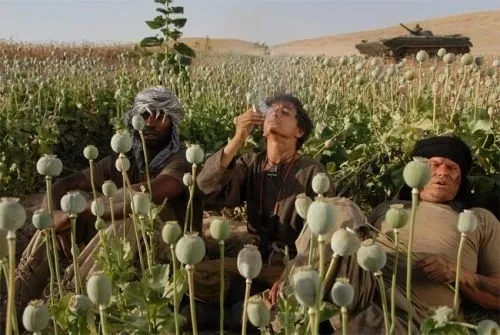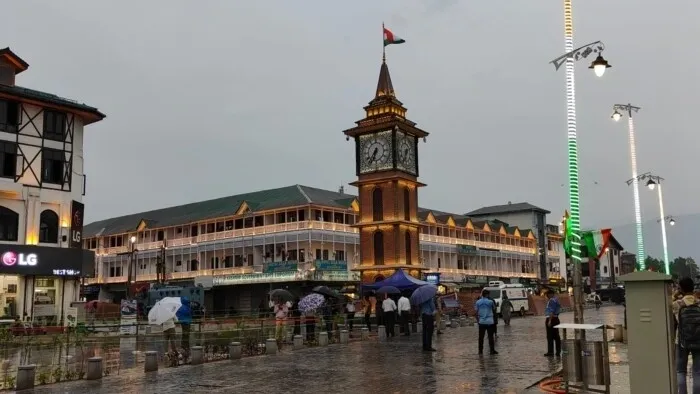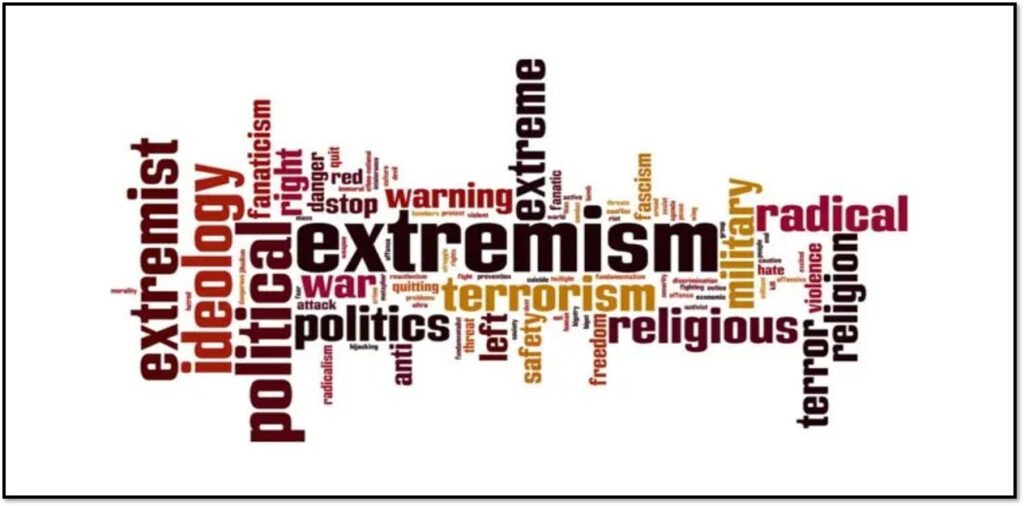In today’s interconnected world, the convergence of two seemingly disparate evils, narcotics trafficking and terrorism has given rise to a potent and dangerous phenomenon known as narco-terrorism. This insidious blend of illegal drug trade and terrorist activities presents a multifaceted threat to global security, society and stability. Narco-terrorism can be understood as the symbiotic relationship between terrorist organizations and drug cartels. It involves the collaboration between these groups to fund and facilitate their respective operations. While these groups have distinct objectives, the interplay between them is characterized by mutual benefits that fuel their activities. Terrorist organizations gain access to substantial funding through the drug trade, while drug cartels find protection and operational support from these terrorist groups.
The fusion of narcotics trafficking and terrorism has far-reaching implications for global security and stability. One of the most immediate consequences is the destabilization of affected regions. The influx of drug money enables terrorist groups to strengthen their operations, recruit more members and acquire advanced weaponry, all of which exacerbate local conflicts. Moreover, the porous nature of narco-terrorism networks often leads to increased violence and territorial disputes, hampering efforts towards peace and development. Narco-terrorism also poses a significant challenge to law enforcement agencies and governments worldwide. Traditional approaches to counterterrorism or anti-narcotics efforts fall short in addressing this unique threat. The convergence of these illicit activities demands a more comprehensive and integrated response that considers both dimensions of the problem. Failure to do so allows narco-terrorist networks to continue thriving, perpetuating cycles of violence and insecurity.
Beyond security concerns, narco-terrorism has profound social and economic ramifications. The intertwining of drugs and terrorism fosters a culture of corruption, eroding the foundations of governance and rule of law. This often leads to weakened state institutions, which in turn makes it harder to address both the drug trade and terrorism effectively. Additionally, narco-terrorism contributes to the erosion of societal values and norms. The presence of these groups can normalize violence and criminality, distorting local cultures and creating environments that breed extremism and lawlessness. This, in turn, perpetuates cycles of poverty and underdevelopment, further marginalizing communities and inhibiting progress.
Impact on India: Narco-terrorism’s impact on India transcends security concerns to societal repercussions. The regions where these activities are concentrated often suffer from weak governance structures, poverty and lack of development. The presence of narco-terrorist groups exacerbates existing conflicts and challenges state authority, leading to further destabilization. More so the drug menace fosters addiction and other social maladies, straining communities and perpetuating cycles of poverty and crime. Narco-terrorism in India presents a multifaceted challenge that threatens national security, exacerbates insurgencies and perpetuates societal instability. Addressing this menace requires a holistic approach that integrates intelligence sharing, border control, legal reforms, community engagement and international collaboration. By dismantling the symbiotic relationship between terrorism and drug trafficking, India can pave the way for a safer, more stable future. It is imperative that the nation remains vigilant, adaptive and proactive in countering this dual threat, securing the well-being of its citizens and preserving its integrity in the face of narco-terrorism’s insidious impact.
Countering Narco-Terrorism: Countering narco-terrorism in India demands a comprehensive approach that addresses both the drug trade and the underlying causes of terrorism. Several strategies are crucial to effectively confront this dual threat.
Intelligence Sharing: Enhancing intelligence-sharing mechanisms between states and central agencies is essential to track the movement of drugs, arms and terrorists across borders. Timely and accurate information can enable targeted operations against narco-terrorist networks.
Strengthening Border Control: Securing porous borders, particularly in conflict-prone regions, is paramount to disrupt the flow of increasing border patrols can aid in this endeavor.
Legal Reforms: Implementing stringent legal measures to combat narco-terrorism, including provisions for asset seizure and freezing, is vital. This can cripple the financial backbone of these groups and deter individuals from engaging in illicit activities.
Community Engagement: Addressing the socio-economic factors that drive vulnerable individuals to join terrorist organizations is crucial. Fostering community engagement, offering education and vocational training and providing alternative livelihoods can help break the cycle of violence.
International Cooperation: Narco-terrorism operates beyond national boundaries, necessitating international cooperation. India must collaborate with neighbouring countries to disrupt transnational drug and terrorist networks, curtailing their reach and influence.
Narco-terrorism presents an intricate and formidable challenge that threatens global security, socio-economic stability and development. This symbiotic relationship between drug trafficking and terrorism demands a comprehensive response that addresses both dimensions of the problem. By enhancing international cooperation, intelligence sharing and implementing strategies to counter the root causes, nations can strive to dismantle these dangerous networks and preserve a safer, more stable world for future generations. Only through a concerted effort can the nexus of narco-terrorism be effectively dismantled, weakening the bonds that tie together these two destructive forces.




